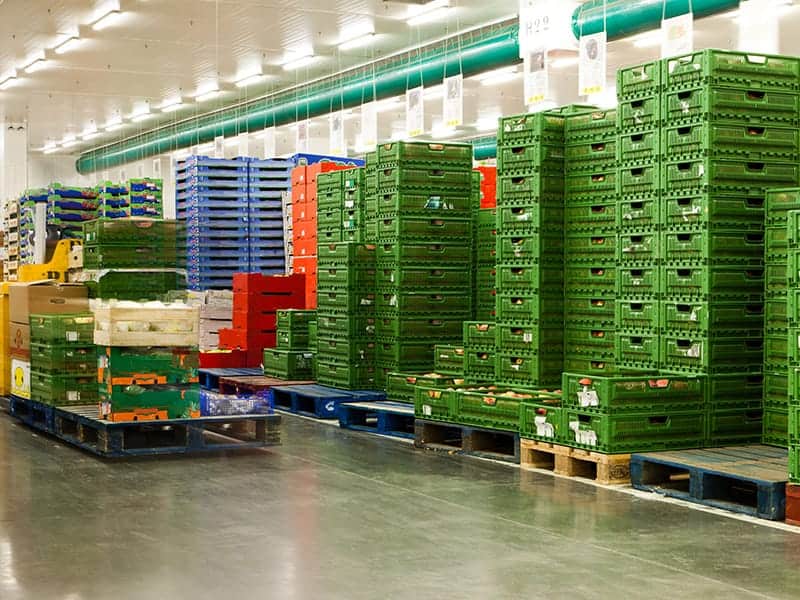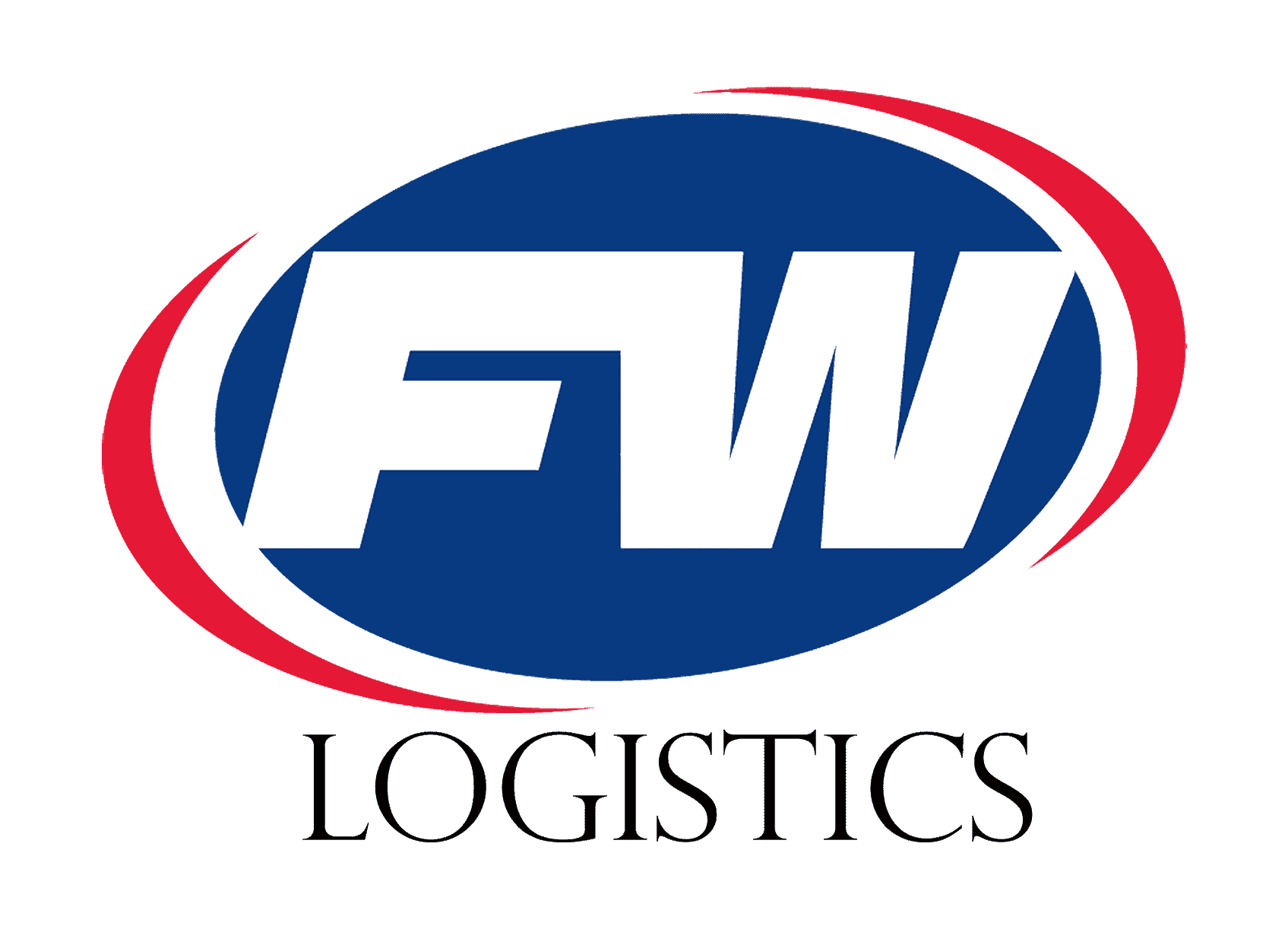
Whether you’re a warehouse manager or a food business owner, understanding the regulations set forth by the Food and Drug Administration (FDA) for food-grade warehousing is crucial. This guide provides detailed insights into the stringent guidelines the FDA uses to ensure food safety. From cornerstone legislation to the effective implementation of these standards, we examine how the FDA safeguards our food supply chain and how the industry can achieve compliance. Read on to learn about the FDA’s regulations for food-grade warehouses and their influence on the U.S. food and beverage industry.
The Importance of FDA Regulations
The FDA ensures that the food products consumed by millions of Americans daily are safe, sanitary, and wholesome. Its regulations are designed to protect consumers from harmful bacteria, chemicals, and other contaminants. These rules impact every step of the food supply chain from farm to fork, ensuring that food-grade warehouses and other facilities meet stringent cleanliness and safety standards.
FDA regulations help prevent foodborne illnesses, which affect millions of Americans annually. The FDA’s efforts contribute significantly to public health by establishing and enforcing food safety protocols. Compliance with these regulations is not just a legal obligation for businesses in the food industry, but a crucial component of maintaining consumer trust and the integrity of food products.
The Role of the FDA in Ensuring Food Safety
The FDA regulates food products to make sure they are free from harmful substances and processed, stored, and transported under safe conditions. It sets standards for food hygiene, ingredients, and labels, among other food production and distribution aspects. The agency’s jurisdiction includes food-grade warehouses, manufacturing facilities, and protocols for handling food products.
A critical part of its role is conducting inspections of facilities to enforce compliance with its standards. This ensures that every component of the food supply chain from production to storage contributes to food safety. By holding companies accountable, the FDA plays a direct role in preventing outbreaks of foodborne illnesses.
The Impact of FDA Regulations on the Food Supply Chain
The food supply chain is a complex network that involves numerous processes and entities. It covers everything from the initial procurement of raw materials to storing, transporting, and selling food products. FDA regulations cover every link of this chain, setting standards that keep products safe for consumption.
For instance, food-grade warehouses must adhere to specific guidelines regarding storage conditions, such as temperature and humidity control, to prevent bacteria growth and ensure products retain their quality up to the expiration date. This protects public health, reduces food waste, and supports sustainability efforts within the industry.
Key FDA Regulations for Food-Grade Warehouses
The Food Safety Modernization Act (FSMA) is a significant shift in the approach to food safety, from reacting to foodborne illness outbreaks to preventing them. It requires food facilities like food-grade warehouses and food manufacturers to develop a comprehensive food safety plan outlining the measures taken to mitigate risks.
This involves identifying potential hazards, implementing preventive controls, and establishing procedures for corrective actions if necessary. The aim is to proactively address food safety issues before they lead to public health concerns.
Good Manufacturing Practices (cGMPs) in Food-Grade Warehouses
Current Good Manufacturing Practices (cGMPs) are the foundation for maintaining sanitary and processing standards in food-grade warehouses. These practices cover a broad range of activities, including employee hygiene, facility cleanliness, pest control, and proper storage.
cGMPs ensure that facilities operate in a manner that prevents food contamination and maintains product quality. Regular training for staff on these practices is vital for compliance and food safety.
The Hazard Analysis Critical Control Point (HACCP) System in Food Storage
The HACCP system is a systematic approach to identifying, evaluating, and controlling food safety hazards. Food-grade warehouses implement HACCP plans to monitor critical control points where the risk of contamination is highest.
This might include refrigeration to control bacteria growth or separating food products to prevent allergen cross-contamination. By focusing on these critical areas, warehouses can significantly reduce the risk of food safety incidents.
The Food Allergen Labeling and Consumer Protection Act (FALCPA)
The FALCPA requires the clear labeling of food products that contain common allergens, which is critical for protecting consumers with food allergies. Food-grade warehouses play a role by ensuring that products are correctly labeled and stored to prevent allergen cross-contamination.
By adhering to FALCPA requirements, warehouses contribute to consumer safety and help individuals make informed dietary choices.
Discover what you must consider when it comes to packaging in a food-grade warehouse to maintain the integrity of products from storage to shipment.
Implementing the FDA’s Regulations for Food-Grade Warehouses
Now that you understand some of the critical regulations food-grade facilities face, let’s look at how you can ensure compliance with food safety regulations. You must register with the FDA before you can legally provide food-grade storage services.
Steps to Comply with FDA Regulatory Standards
Several key steps are essential for food-grade warehouses to achieve and maintain compliance with FDA regulations. First, developing a robust food safety management system incorporating FSMA and HACCP protocols is paramount. This should include comprehensive documentation of all processes, procedures, and corrective actions.
Regular staff training on good manufacturing practices and food safety standards is also crucial. Implementing effective pest control and environmental monitoring programs further ensures compliance and safety. Last but not least, staying informed about changes in regulatory requirements and adapting accordingly is vital for maintaining compliance.
FDA Inspections and Regulatory Enforcement Actions
The FDA conducts routine inspections of food-grade warehouses to assess compliance with federal food safety regulations. These inspections might be unannounced and can result in enforcement actions if violations are found, including warning letters, mandatory product recalls, or even facility shutdowns.
Warehouses must be prepared for these inspections by ensuring ongoing compliance with FDA regulations. This includes keeping detailed records of food safety plans, employee training logs, and corrective actions taken to address issues. Compliance with FDA regulations is not merely a legal requirement; it’s central to safe, quality food.
The Impact of Noncompliance with FDA Regulations
The repercussions of failing to comply with FDA regulations can be severe for both food-grade warehouses and the wider food industry. Aside from costly financial penalties, noncompliance can lead to the distribution of unsafe food products, resulting in foodborne illness outbreaks and a significant loss of consumer trust.
Additionally, businesses may face operational disruptions if the FDA mandates corrective action or suspends their ability to operate. Maintaining compliance is essential for protecting public health and ensuring the sustainability and success of food businesses in the competitive market.
Safely Store Your Products in Our Compliant Food-Grade Warehouse
FW Logistics offers several types of food-grade warehousing, including ambient, refrigerated, and frozen. Since our founding in 1949, we’ve dedicated ourselves to providing the highest food storage standards for our clients and their customers. Contact us today to discuss your warehousing, fulfillment, logistics, or trucking needs and ensure the highest level of care for your offerings.

